Mehak Hyderabadi, a person from Coastal Andhra who landed in Hyderabad for a job, and started learning Urdu eventually mastering the language and translating Urdu works into Telugu. He also wrote articles for Urdu dailies such as Munsif, Siyasat and joined journalism for more than a 3-decade career in Telugu newspapers. Here is his interview in which he spoke on a wide range of subjects.
Q1: What made you learn Urdu being a person hailing from Coastal Andhra region?
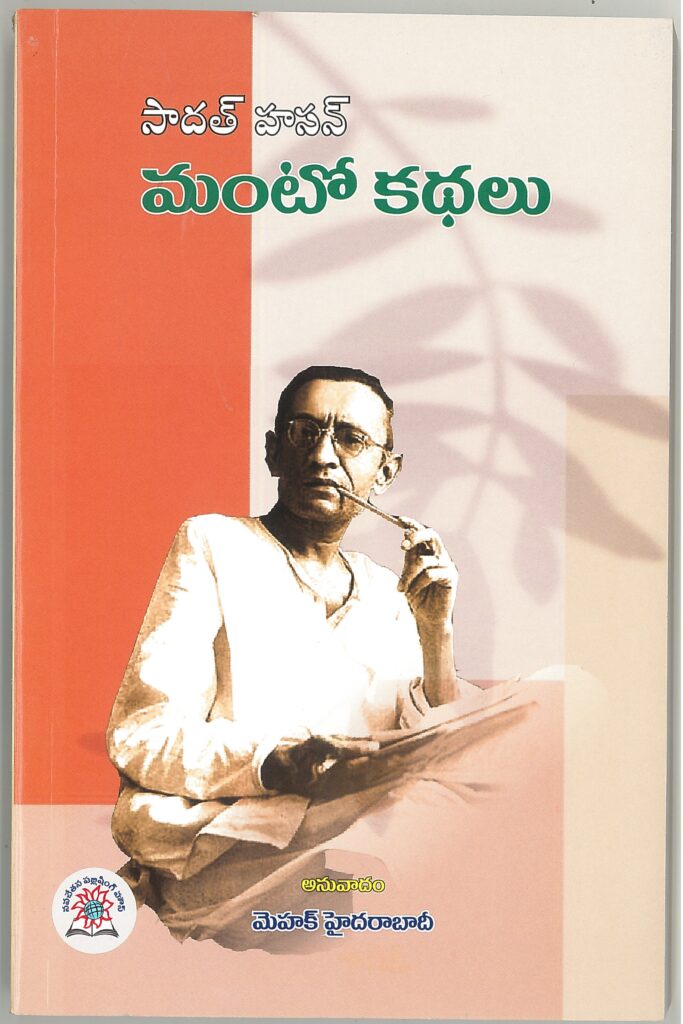
A: I was born and brought up in Undrajavaram, a village in West Godavari District, Andhra Pradesh. After moving from Vijayawada to Hyderabad, an interview opportunity in 1995 for a Government job made me learn Urdu on fast track mode. I had reached out to one gentleman – Mr. M.A. Malve – a retired DSP, who was proficient in Urdu, to help me to learn the language. Initially he was reluctant to teach given my Andhra background. After a lot of persuasion he agreed to teach Urdu through private tuition. Although my Urdu proficiency was not good enough to secure the Government job, it did not dampen my spirits. I continued to learn the language with more passion clearing three Urdu proficiency examinations conducted by Idara-e-Adbiyat Urdu, Hyderabad and started writing for Urdu newspapers. My first piece was published in ‘Letters to the Editor’ column in Munsif Daily in 1997. Thereafter I wrote couple of articles for Siyasat and Munsif dailies.
Q2: How difficult it is learning Urdu for a person like you? And how was it helpful in your professional career?
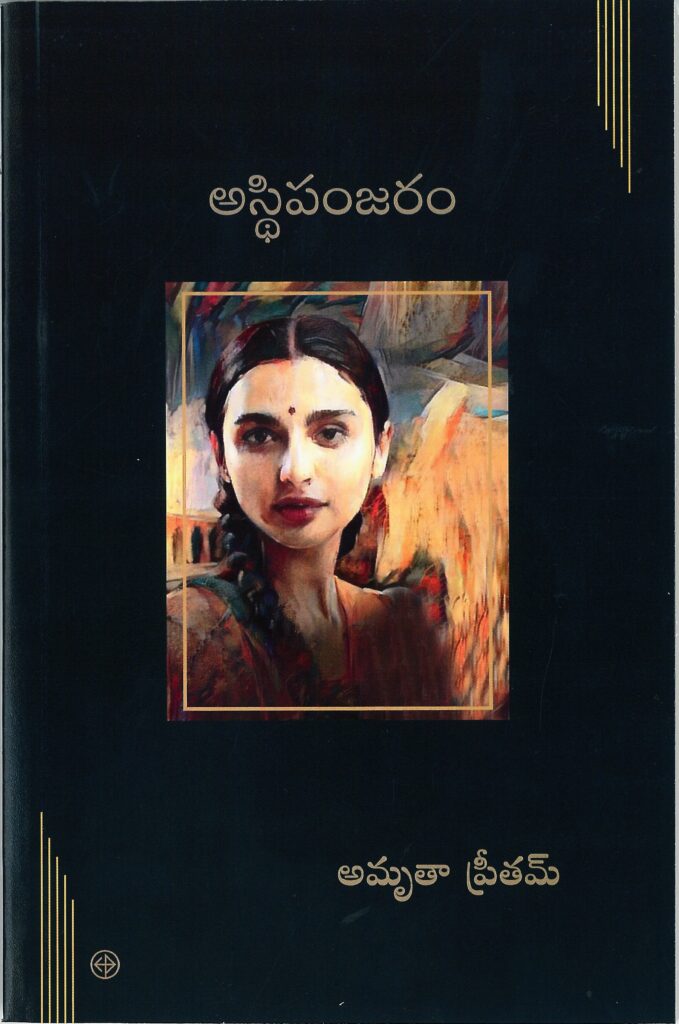
A: It is really a tough task. Coming from a Telugu speaking background and environment my Urdu pronunciation was not good. Creating for myself Urdu Maahol (environment), I had stopped reading all Telugu, English and Hindi newspapers and preferred to go through Urdu newspapers only, and used to listen and watch Urdu news bulletins. Quite often, I used to roam in Hyderabad Old City and read bill boards, notices and shop name plates in Urdu. Also visiting Siaysat and Munsif news paper offices and keenly observing their work helped me pick up the language fast. No day passed without reading Urdu daily for the last 25 years. I also used to follow web editions of Pakistani newspapers like Jang, Jasaraat etc. and also translated Jang daily’s editorial in the wake of Musharraff’s coup against Nawaz Sharief. For the last two decades, I reported all major mushairas held in Hyderabad, and written articles on some renowned poets. As a Staff Reporter, I filed numerous special stories on Muslim community, interviewed number of Muslim celebrities and visited half a dozen Hindi belt States to cover Assembly elections where the Urdu proficiency came in handy. Also my Editors Mr. ABK Prasad, Mr. K Ramachandra Murthy, Mr. Ashok Tankasala, Mr. K. Srinivas encouraged me a lot.
Q3: Who encouraged you to learn Urdu and write in Urdu? Do you have any guru?
A: Even though my late father was from an orthodox Hindu middle class family, he encouraged me to learn Urdu. It was my first Guru late Mr. M.A. Malve who taught me basic Urdu and encouraged me to write for Urdu news papers. Hyderabad’s renowned poet late Mr. Rehman Jami taught me the nuances of Urdu poetic Grammar to pen Ghazals. I have written nearly 25 Ghazals on various subjects. Mehak Hyderabadi is pseudonym (pen name) given by renowned Urdu scholar Late Muztar Majaz of Hyderabad.
Q4: What made you to translate Urdu fiction into Telugu?
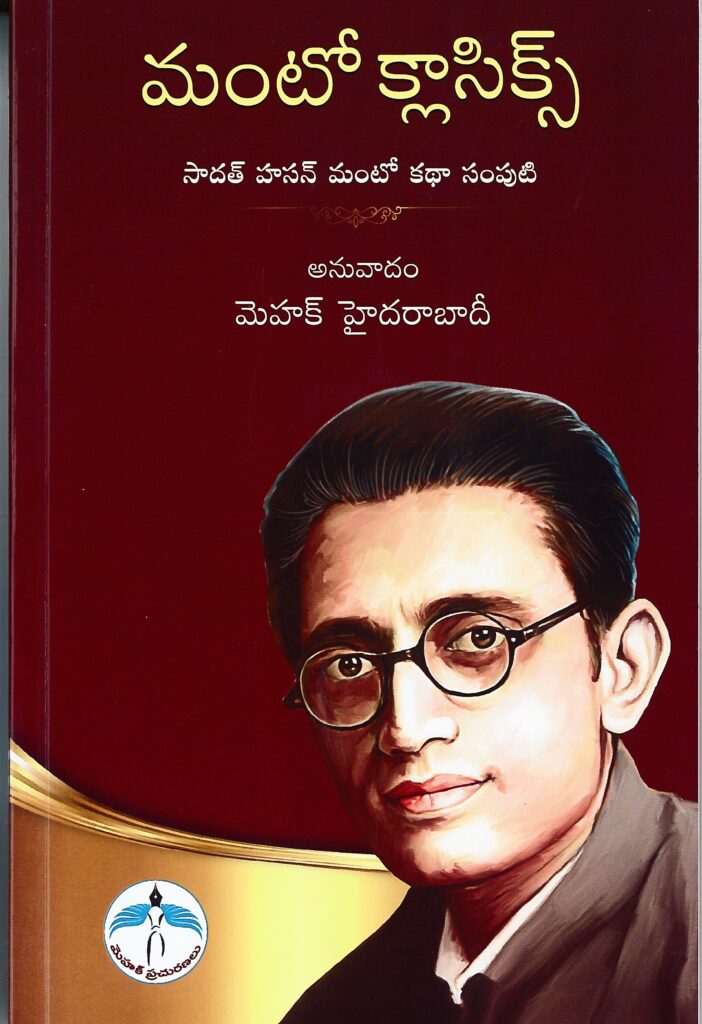
A: Initially, I started translating Urdu articles for the Telugu newspapers I worked for. Afterwards I started to translate Urdu stories and published six books – two anthologies of Jeelani Bano’s stories (Guppita Jaare Isuka, Antaa Nijame Cheptaa), two anthologies of Saadat Hasan Manto (Manto Kathalu, Manto Classics), Amrita Pritam’s Pinjar novel as Asthipanjaram. I also translated Jeelani Bano’s autobiography titled as ‘Terichina pustakam’. Also as part of my work I received the best translation award for Guppita Jaare Isuka by Potti Sriramulu Telugu University.
Q5: Who is the best Urdu Poet ever? Who is the best living Urdu poet?
A: Allama Iqbal is the best Urdu poet ever. He was also a great Philosopher and thinker enjoying a lot of respect in the subcontinent. Undoubtedly, Munavvar Rana of Uttar Pradesh is the best living Urdu poet. I have had privilege to attend some of his finest Mushairas held in Hyderabad. I do feel he is a path breaking poet in Urdu who has written with a purpose, unwavering commitment and social responsibility. He is known for drawing huge crowds for Urdu mushairas from across the globe.
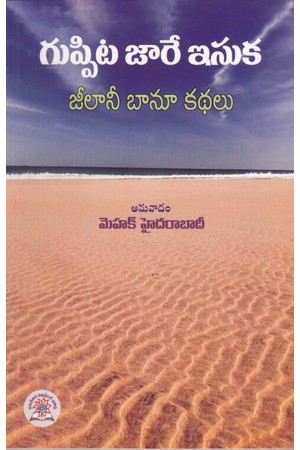
Q6: Who is the best Urdu living poet of Hyderabad?
A: I don’t have any poet in my mind.
Q7: Have you got any bad experience with Urdu writers or poets who criticised your writings unkindly?
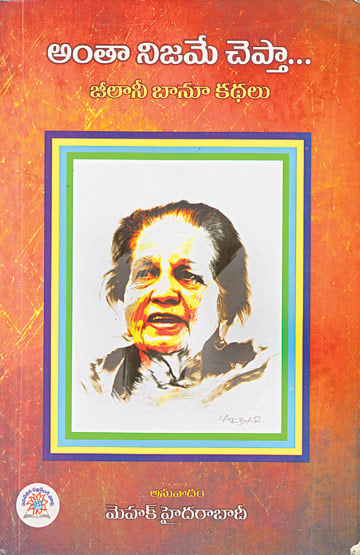
A: No. I never faced any such sordid experience with Urdu writers. In fact, many Urdu writers were initially surprised about my inclination towards the language and came forward to help me. I used to attend Urdu seminars and mushairas in Hyderabad, where most of the writers encouraged me to converse in Urdu irrespective of my knowledge and problems with pronunciation.
Q8: Now that you have taken retirement from Telugu journalism, do you have plans to write for Urdu news papers or magazines?
A: At the moment, I have no such plans.
Q.9: Do you wish to continue as original writer or translator from Urdu to Telugu and vice versa?
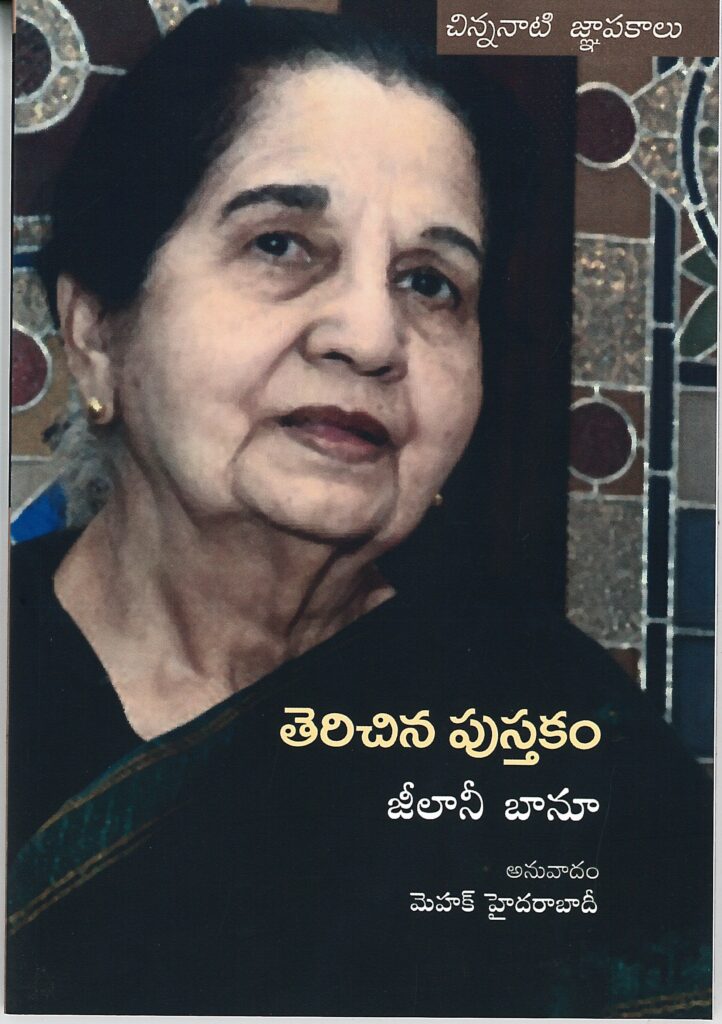
A: For some time, I want to continue as translator. Presently, I am engaged in translating Urdu fiction into Telugu. Of course, I am planning to bring my own anthology of Telugu short stories in future. It all depends how things move forward.
Q.10: Have you ever tried to translate works of SriSri ,Narayana Reddy, Viswanatha Satyanarayana, and Sheshendra Sharma into Urdu?
A: I’ve never given much thought to it. I know pretty well my strengths and limitations. Telugu being my mother tongue and having worked three and half decades in this vernacular media, I have good command over the language and love to translate Urdu fiction into Telugu. I firmly believe that translation is a serious business and it is not everybody’s cup of tea.
Q11: What is your opinion of Urdu literature in comparison with Telugu literature?
A: Urdu and Telugu literatures are different streams in their own ways. Telugu is one of the oldest languages from Dravidian family derived from Sanskrit. Urdu, on other hand, is a literary language derived from Persian script which came into existence around 16th century only. Urdu poetic forms like Ghazal, Rubai make the language popular among the society cutting across caste, creed and religions. It can’t be the same for Telugu. Telugu’s old form of poetry fully loaded with grammar is fast fading out. For the last half a century the free verse poetry has occupied predominant position in Telugu Literary space. Mushairas still remain crowd pullers and enthrall thousands of connoisseurs.
Q 12: What is the future of Urdu language?
A: Since Urdu has been branded as a language of Muslim community its future appears bleak. The emergence of English as international language left many regional languages vulnerable. While English and Hindi fetch jobs and monetary benefits, learning a language like Urdu is no more rewarding for the young generation. Now, even most of the Muslims are not so keen to allow their kids study in Urdu medium. As the link between learning and employment is getting weaker the down fall of Urdu will be rapid and it may end up as a vocal language in longer run.
Q 13: What are your translation projects in pipeline?
A: I am presently translating Hyderabad based popular fiction writer Late Baig Ehsas’s anthology of Stories ‘DAKHMA’. I am planning to bring the best of Urdu fiction to the Telugu readers giving special emphasis to Hyderabad based authors.



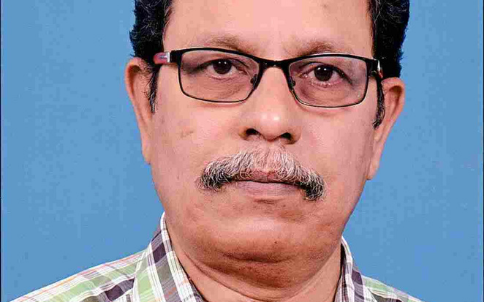

خوب پسند آیا
Mehak గారూ.. ఈ ఇంటర్వ్యూలో మీ గురించి చాల విలువైన విషయాలు తెలిశాయి.ఉర్దూ అంత ప్రేమ,బాధ్యతతో నేర్చుకుని అద్భుతమైన సాహిత్య పరిమళాలు నిండి ఉండే ఉర్దూ సాహిత్యాన్ని తెలుగులోకి అనువదించి తెలుగు పాఠకులకు అందించడం చాలా గొప్ప విషయం. సాదత్ హసన్ మంటో.. జిలానీ బానో ,అమృతా ప్రితం (punjabi writer) సామాజిక బాధ్యత తో వాస్తవిక రచనలు చేసే ప్రజా రచయతల రచనలు తెలుగులోకి తేవడం గొప్ప contribution… మంటో కథలు చదివాను…ఒక వేదిక మీద కూడా ప్రసంగించాను. బాగా మాట్లాడావమ్మా అని వర వర రావు గారు మెచ్చుకున్నారు కూడా..అనువాదం లా లేదు…స్వేచ్ఛ నువాదం చేయడం వల్ల మాత్రమే ఇది సాధ్యం అవుతుంది.మీకు అభినందనలు….మీరు మరిన్ని గొప్ప ఉర్దూ సాహిత్యాన్ని తెలుగులోకి అనువాదించాలని కోరుకుంటున్నాను.మిమ్మల్ని ఇంటర్వ్యూ చేసిన editor గారికి అభినందనలు.
I congrsrukate Mr Murthy to learn Urdu language, and became a translator for Urdu and Telugu. Although it is very difficult for a Telugu speaking person to pronounce all Urdu words correctly. I am telling this from my own experience with a College friend of mine from Guntur. Iqbal was my best friend in College in for three years and then w ware friends after College and now Iqbal is English lecturer in one of the Colleges in Guntur area, Although we tried so much to correct him fort all those years ,he still make some very odd pronunciation of hard sounding Urdu words starting with Gh words like Ghalib, he prouounce it as Galib. The same applies to me I took Telugu in my final year at school and it was very difficult for me to memorize all the lengthy Telugu Poems. I did spent more time memorizing Telugu poems than concentrating on my Electives. Althoug I still remembers one poetry by Vishva Dabhi Rama Venura Verma.